Autonomous maritime ecosystem alliance One Sea published a new whitepaper which offers a route forward for developing and implementing an international regulatory framework for Maritime Autonomous Surface Ships (MASS).
The new whitepaper “Autonomous Ships: Terms of Reference for Rule Development” calls for urgency in developing common terms of reference covering autonomous and highly automated ship operations that can be used across the maritime industry. It examines definitions of ship autonomy and levels of automation, and explores how they can be applied progressively to ship operations.
The paper presents the industry proposal for a scale for determining automation in shipping, by describing six ’levels’ which can be applied to various ship operations or an entire ship.
It also suggests that levels of autonomy should be defined on a scale based on the need for human attention/attendance rather than mixing the definition with manning levels on board a ship.

Level 0: Basic operation / Human controls the vessel
In its simplest form, automation is used to control a process according to set points, which in turn control a variable. A human controls the vessel manually or establishes desired ‘setpoints’ so that automation can achieve the desired outcome. The automated part of functionality is limited to internal monitoring and counteracting deviations between the desired setpoints and received information. This is a closed-loop system.
Level 1: Assisted operations / Hands-on, eyes-on, mind-on
A human operating the ship’s functions assesses and takes decisions based on information received, entering, or adjusting setpoints by way of response. System
automation assists the human operator by providing observations/updates and/or automating basic and simple tasks that are logical extensions of decisions made.
Level 2: Partial automation / Hands-off (sometimes), eyes-on, mind-on
The operation of at least one complete function/operational mode is automated. The system monitors the actual situation and can perform actions to achieve the setpoint or result required. The system informs the human operator of relevant observations and the actions identified as needing to be performed. However, action may need to be confirmed beforehand by the human operator.
Level 3: Conditional automation / Hands-off, eyes-off (sometimes), mind-on
Here too, the operation of at least one full functional/operational mode is automated. When certain operational conditions are fulfilled, the system monitors the process according to the setpoints and automatically takes action to maintain the setpoints. The task may be performed without human control for a limited time, determined by operational conditions/location.
Level 4: High automation / Hands-off, eyes-off, mind-off (sometimes)
This is the highest level of ‘human-attended’ automation. The functional/operational task is performed to a large extent automatically without human attendance. The system alerts the human operator when intervention is needed if a situation arises when it cannot perform the action within its parameters to achieve the setpoints.
Level 5: Autonomous / Hands-off, eyes-off, mind-off = human-of
Autonomous operations replace all human supervision; human attendance or interventions are not required. The goal set for operations is predetermined but requires autonomous problem solving to deal with situations encountered. These solutions will be based on information gathered and the ability to understand the apparent situation. Technology observes, identifies, interprets, and responds to situations so that the ship and its equipment operate in a compliant and safe way.


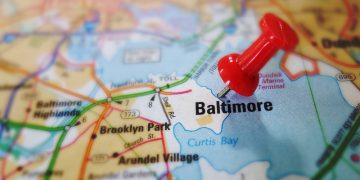
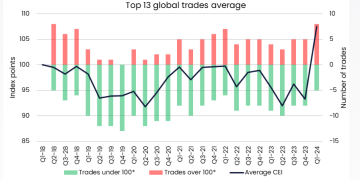






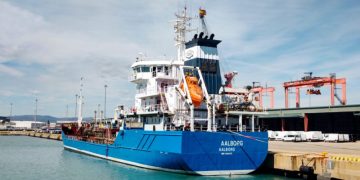

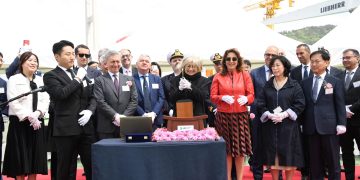









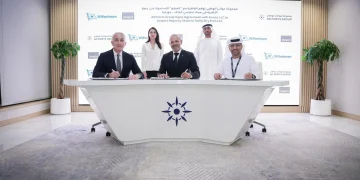
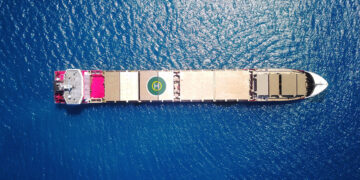












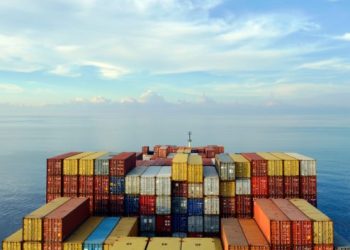























I do not believe in world wide autonomous shipping. Maybe after 100 years. The fully autonomous world should start with landbased factories and power-plants not by moving vehicles on land and sea. Why nobody start a powerplant automously. Let it go alone for att least one month.